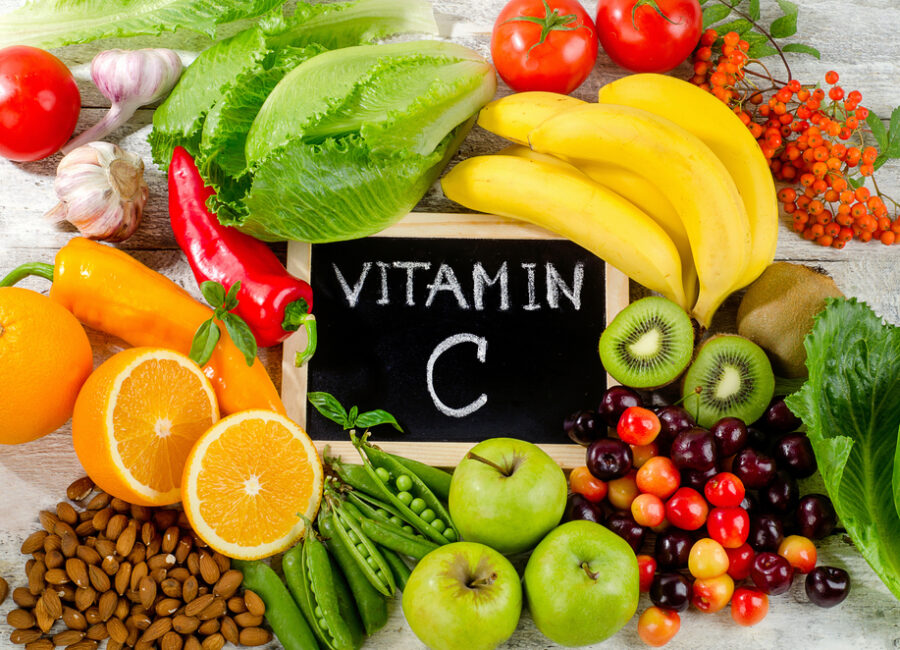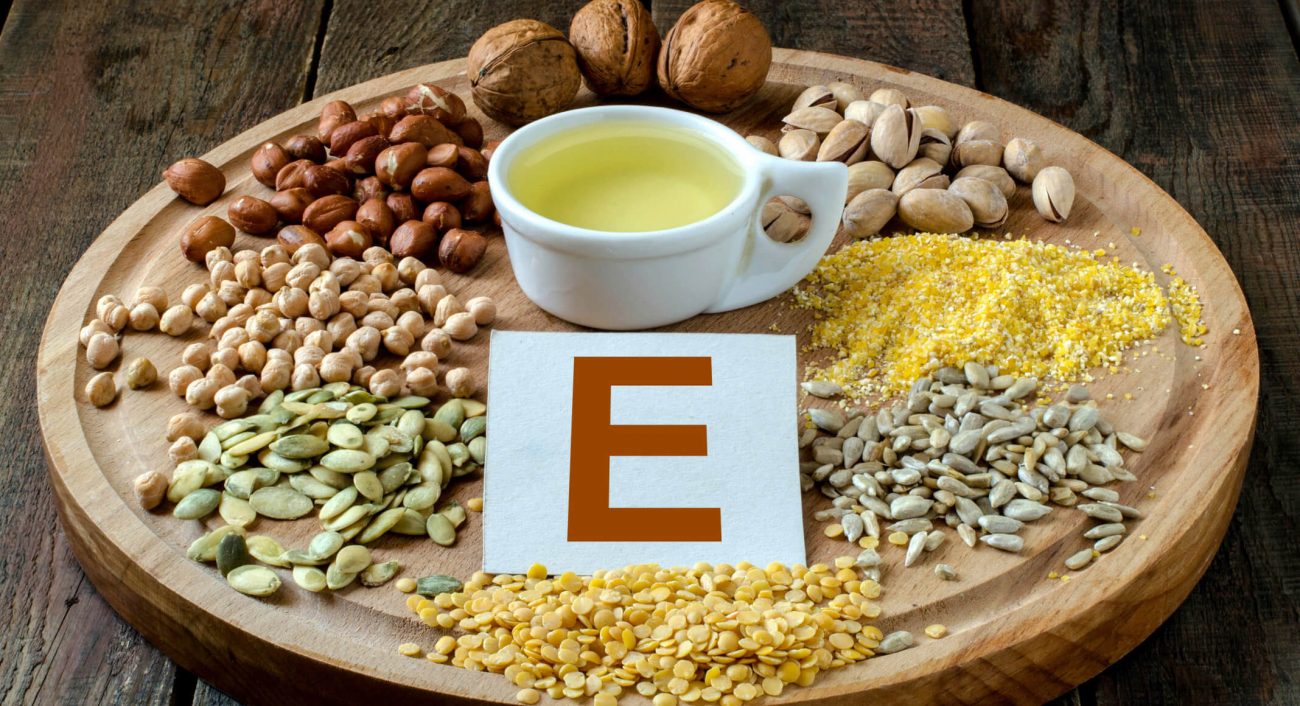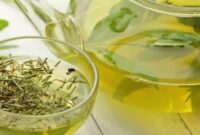
Sore throat is one of the common health problems experienced by men and women. It is several vitamins for sore throat that can help relieve the symptoms.
Vitamins for sore throat
A sore throat can subside with the consumption of drugs. To support recovery, you can also take vitamins to help reduce inflammation or inflammation in the body. Some types of vitamins for a sore throat include:
1. Vitamin A
Vitamin A is an antioxidant that can protect the body from free radicals. Studies have found that vitamin A can also keep the immune system from overactive and causing inflammation.
One form of vitamin A is beta carotene which can be converted into vitamin A. Food sources rich in vitamin A include carrots, mustard greens, kale, spinach, and other green leafy vegetables.
2. Vitamin B
People who lack vitamin B6 have high C-reactive protein levels (CRP). The protein is one of the compounds synthesized in the liver, and its levels can increase in response to inflammation.
Meanwhile, Vitamin B9, also known as folic acid, has been shown to help reduce inflammation when taken daily in low doses for a short period.
Given the importance of meeting the needs of B vitamins, then try to eat some foods high in B vitamins, such as peppers, mushrooms, melons, tuna, and poultry. At the same time, food sources that contain folic acid include peas, dark green leafy vegetables, asparagus, and animal liver.
3. Vitamin C

The following vitamin for sore throat is vitamin C. This substance is a powerful antioxidant that can reduce inflammation by neutralizing free radicals that cause oxidative damage to cells. Vitamin C can also help optimize the immune system.
Vitamin C can be obtained from various foods such as berries, including strawberries and blueberries, citrus fruits, green leafy vegetables, and red, orange, and yellow colors. You can eat these fruits and vegetables as a natural way to deal with a sore throat.
Vitamin C is also easy to find in supplement form. Keep in mind that a daily intake of vitamin C higher than 2000 mg can have a side effect of diarrhea.
4. Vitamin D
Vitamin D is also a strep throat vitamin that plays a vital role in maintaining immune health and may have anti-inflammatory properties.
Several studies have shown an association between low vitamin D levels and inflammation. At the same time, vitamin D intake can reduce signs of inflammation.
Vitamin D can be obtained from sunbathing regularly in direct sunlight, eating foods fortified with vitamin D, or in the form of supplements. However, adults should not take more than 4,000 IU of the long-term vitamin per day.
Fat-soluble vitamins such as vitamins A, D, E, and K will be stored in fat cells and can accumulate over time so that if consumed in excess, it has the potential to cause toxicity.
5. Vitamin E

Vitamin E is a vitamin for sore throat that is also an antioxidant. Vitamin E has anti-inflammatory properties. Vitamin E supplementation can help relieve inflammatory conditions.
Vitamin E is naturally found in nuts and seeds, including almonds and sunflower seeds. In addition, many fruits and vegetables are rich in vitamin E, including avocados and spinach.
Minerals and other substances that are good for sore throat
In addition to vitamins for strep throat, there are also minerals and other substances that can be helpful to help reduce inflammation, including:
1. Omega-3 fatty acids
Omega 3 is an essential fatty acid that cannot be produced by the body and can be obtained from food or supplements. DHA in omega-3 fatty acids has been shown to have an anti-inflammatory effect that reduces cytokine levels and significantly reduces levels of other inflammatory markers.
Apart from fatty fish such as tuna and salmon and fish oil supplements, omega-3 fatty acids can also be obtained from kale, vegetable oil, flaxseed, and nuts.
2. Curcumin
Curcumin is the compound that gives turmeric its yellow color. These compounds have natural antioxidant and anti-inflammatory properties to help relieve various inflammatory conditions.
Curcumin is safe to use up to 500 mg per day. Curcumin can be combined with piperine compounds derived from black pepper to increase its absorption.
3. Zinc
Zinc is a micronutrient that the body needs to help ward off inflammation. It can obtain this mineral from food sources such as chicken and red meat.
However, zinc can also interact with certain types of medications. Therefore, before taking zinc supplements, you should consult a doctor first.



